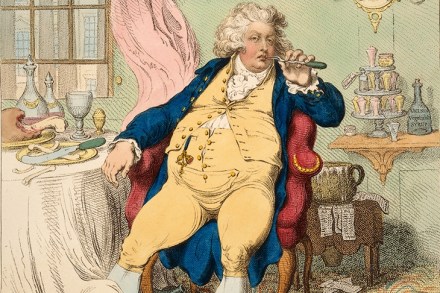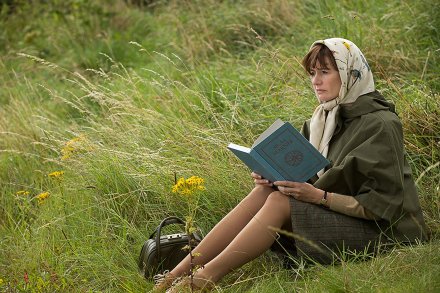There will be blood | 13 September 2018
For the past few decades, admirers of video-games have every couple of years mounted a new attempt to persuade the wider arts-loving public of the form’s merits. Look, they say, games are not all about shooting people in the face! They are a dynamic fusion of animation, architecture, intellectual challenge, music and drama! They can be political and subversive! This is true, and yet somehow it never catches on. Will a new exhibition at the V&A enjoy any greater success? You walk through a series of large black rooms with giant screens that appear to be floating through the air. Along the walls are ranged game designers’ working notebooks, and





















